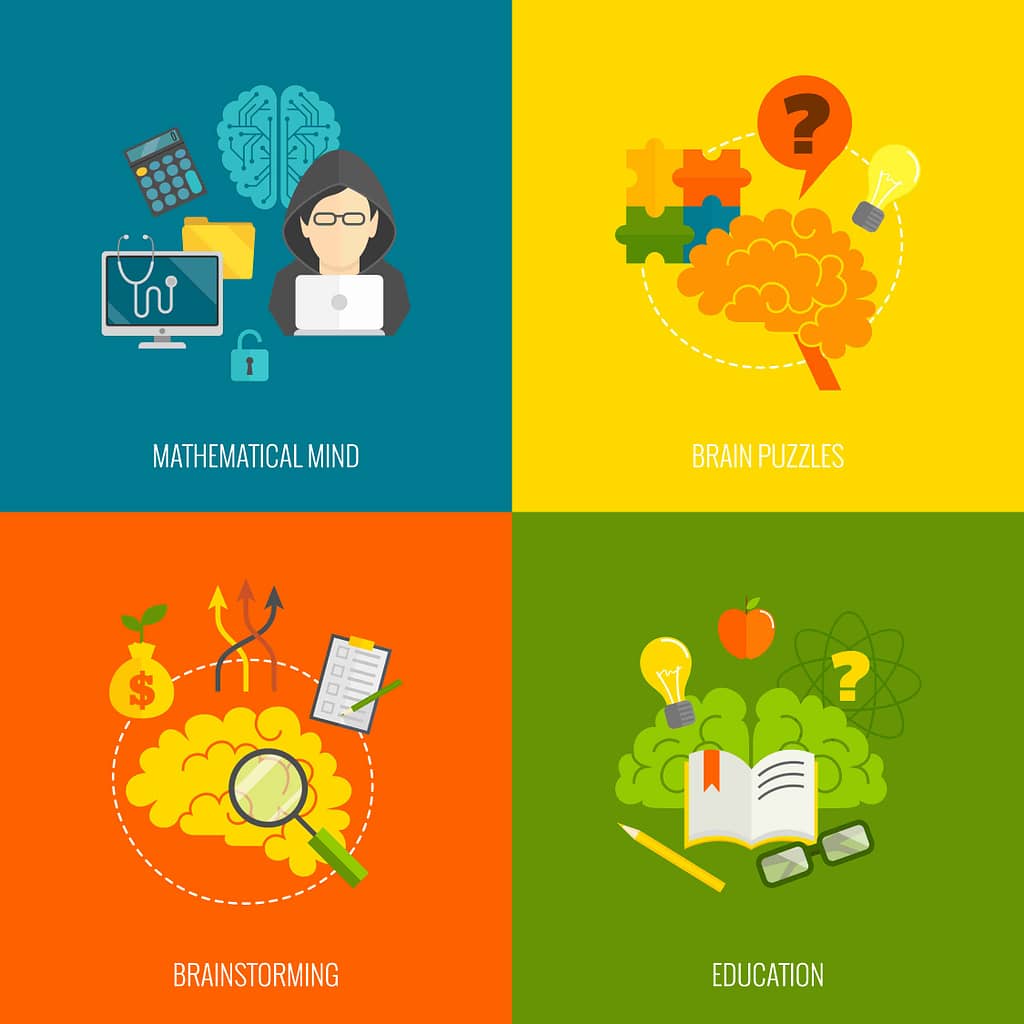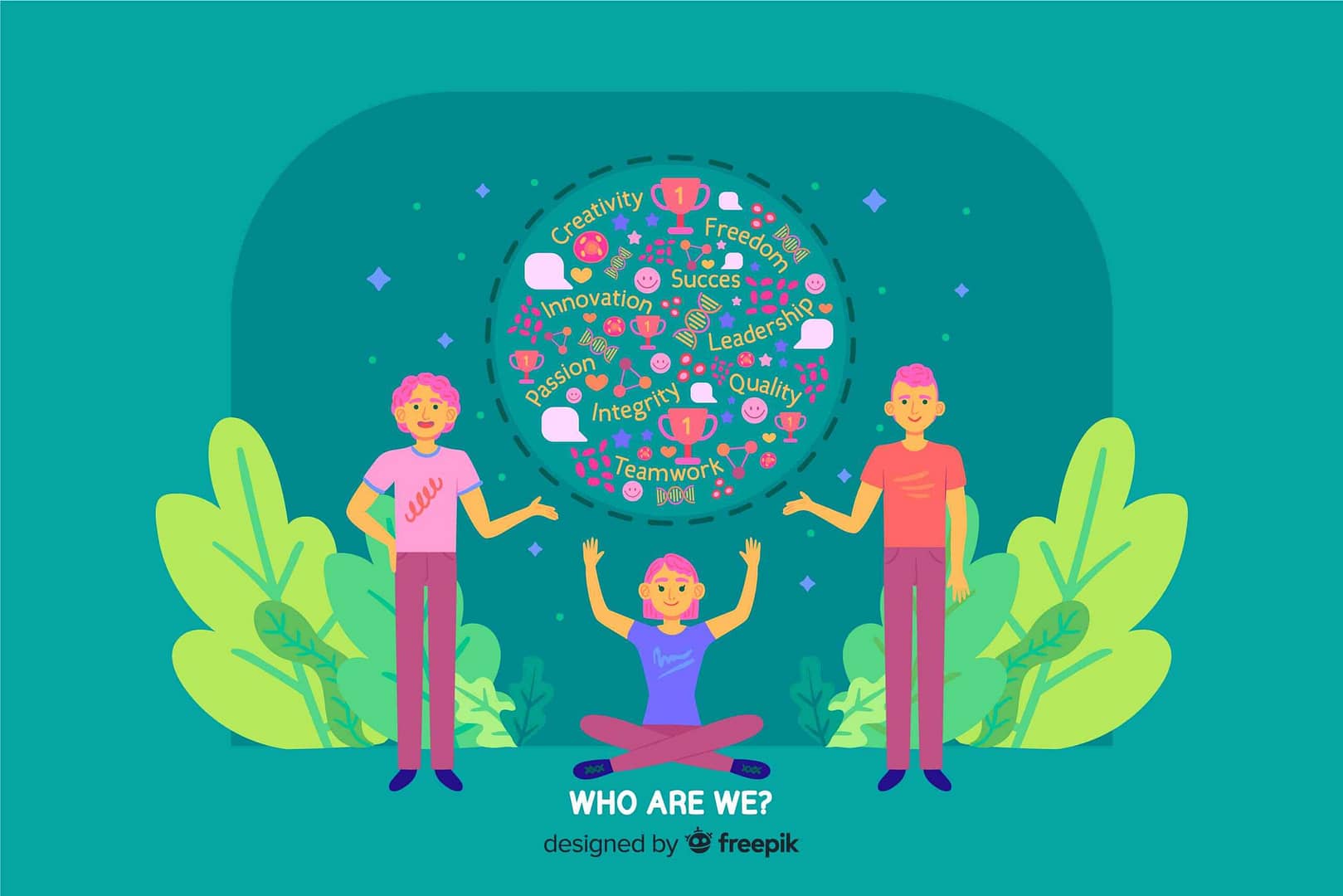psychology considered a social science
Unlocking the Social Science Identity of Psychology
Picture a bustling city street, where amidst the rush and bustle, human interactions unfold in a dance of thoughts, emotions, and behaviors. From the hesitant pedestrian navigating a busy intersection to the engaged student absorbing lessons in a classroom, the influence of psychology is ever-present, shaping our understanding of the human experience.
Psychology, the science of the mind and behavior, casts its net wide, delving into the complexities of personal and societal dynamics alike. But why is psychology considered a social science, and what does this classification entail?
In this article, we embark on a journey to untangle the threads of psychology’s classification within the social sciences. We’ll explore its interdisciplinary nature, touching upon its theoretical underpinnings, practical applications, and ongoing debates. Join us as we navigate the intriguing intersections between the human mind and the social fabric, shedding light on psychology’s enduring relevance in our complex world.
Understanding Psychology as a Social Science:
Psychology, the study of human behavior, cognition, and emotion, is deeply rooted in scientific inquiry. It seeks to unravel the complexities of the human mind within social contexts, offering valuable insights into our behavior and mental processes.
Central to psychology is its focus on the scientific investigation of human phenomena. From classic experiments to modern research methods, psychologists employ rigorous approaches to understand the intricacies of human experience. Whether exploring decision-making processes or analyzing interpersonal dynamics, psychology strives to uncover the underlying mechanisms driving our actions.
However, psychology does not exist in isolation. It thrives within the broader landscape of the social sciences, drawing connections to disciplines like sociology, anthropology, and political science. These interdisciplinary links enrich our understanding of human behavior within social environments.
For example, sociological perspectives provide insights into how social structures shape individual behavior, complementing psychological research on topics such as conformity and group dynamics. Similarly, anthropological studies offer context for understanding cultural influences on psychological processes.
Moreover, psychology’s interdisciplinary nature extends beyond theory to practical applications. Psychological research informs practices in education, healthcare, organizational management, and public policy.
In education, psychological principles guide teaching strategies and curriculum development by understanding learning processes and cognitive development. In healthcare, psychologists address mental health issues and promote well-being through therapeutic interventions and preventative measures.
In essence, psychology’s classification as a social science emphasizes its role in understanding human behavior within social contexts. By forging connections with other disciplines and contributing to our collective knowledge, psychology enriches our comprehension of the human experience.

Theoretical Foundations:
Psychology, as a social science, rests upon a foundation of theories and frameworks that illuminate how individuals interact with their social surroundings. These theories delve into how social factors shape behavior, cognition, and identity.
One influential theory is social learning theory, championed by Albert Bandura. This theory suggests that individuals learn by observing and imitating others’ behavior. Bandura’s work emphasized the role of social reinforcement and modeling in shaping behavior, highlighting the impact of social context on learning and development.
Another significant theory is social identity theory, formulated by Henri Tajfel and John Turner. This theory explores how people’s sense of self is influenced by their membership in social groups. According to social identity theory, individuals strive to maintain a positive social identity by aligning with in-groups and differentiating from out-groups. This sheds light on phenomena like intergroup dynamics and stereotyping.
Additionally, social cognitive theory, advanced by Albert Bandura, underscores the interplay between cognitive processes, behavior, and the social environment. This theory emphasizes observational learning, self-efficacy beliefs, and environmental influences in shaping behavior. Bandura’s research on self-efficacy has significant implications for understanding motivation and achievement.
Key figures such as Sigmund Freud, B.F. Skinner, and Albert Bandura have profoundly influenced psychology’s social science perspective.
Freud’s psychoanalytic theory explored the unconscious mind and early childhood experiences’ impact on personality. While his focus was on intrapsychic processes, his work on socialization and defense mechanisms laid groundwork for later social psychological theories.
Skinner, a behaviorism pioneer, highlighted environmental reinforcement’s role in behavior shaping. His experiments showcased external rewards and punishments’ influence on behavior, emphasizing environmental factors’ significance.
Bandura’s social learning theory revolutionized understanding of human behavior, stressing observational learning and cognitive processes’ role. His research demonstrated that individuals learn through observing others, emphasizing social context’s importance.
In summary, psychology’s theoretical foundations provide insight into how individuals interact within social contexts. By exploring theories like social learning, social identity, and social cognitive, we gain deeper understanding of how social factors shape human behavior and cognition.
Applications in Real-World Contexts:
Psychology isn’t just about theories—it’s about making a difference in people’s lives. Let’s explore how psychology, as a social science, helps tackle real-world challenges and promotes well-being.
Mental Health: Psychology research guides therapies and policies for mental health issues. Think of cognitive-behavioral therapy (CBT), which helps with anxiety and depression. Psychologists also support resilience programs for trauma survivors and marginalized groups.
Education: Psychology helps educators understand how students learn. By using methods like active learning and differentiated instruction, teachers can better meet diverse student needs and improve academic outcomes.
Healthcare: Psychologists are part of healthcare teams, providing support for patients with chronic illnesses and pain management. Their research also informs public health campaigns, promoting healthy behaviors and preventing diseases.
Social Justice: Psychology contributes to fighting prejudice and discrimination. By studying bias and advocating for marginalized groups, psychologists work toward creating a more equitable society.
Where Psychologists Work: Psychologists can be found in clinics, community centers, research labs, and government agencies. They provide therapy, develop community programs, conduct research, and shape policies to address social issues and improve well-being.
Overall, psychology’s real-world impact is vast. By applying psychological principles and research findings, psychologists help make the world a better place for everyone.

Critiques and Future Directions:
Psychology isn’t immune to criticism, but it’s also evolving to tackle new challenges. Let’s break down some common critiques and exciting future directions in the field.
Critiques:
Replication Crisis: Some studies in psychology struggle to replicate their findings, raising doubts about their reliability.
Cultural Biases: Much of psychology research is based on studies done in Western countries, which might not apply to other cultures. This can skew our understanding of human behavior.
Diversity and Inclusivity: Psychology has a diversity problem. Most researchers and study participants come from similar backgrounds, limiting the relevance of psychological findings for everyone.
Future Directions:
Social Media and Technology: With the rise of social media, psychologists are exploring how online interactions affect our thoughts, feelings, and relationships.
Environmental Psychology: This field looks at how our surroundings impact our behavior and well-being. Understanding this can help create healthier and more sustainable environments.
Global Perspectives: Psychology is becoming more inclusive by considering different cultural viewpoints. By studying human behavior across cultures, we get a fuller picture of what makes us tick.
In summary, psychology is adapting to address its critiques and exploring exciting new avenues to understand human behavior in a changing world.
In wrapping up our exploration of psychology as a social science, we’ve uncovered its interdisciplinary essence and profound societal impact.
Throughout our journey, we’ve addressed critiques like the replication crisis and cultural biases while embracing psychology’s evolving nature. Despite challenges, psychology remains a beacon of understanding human behavior within social contexts.
At its core, psychology acts as a vital link between individuals and society, drawing from various fields to illuminate human complexities. Through robust research and practical applications, psychology informs interventions and policies to address societal challenges.
As we navigate today’s complex world, let’s acknowledge psychology’s crucial role in promoting well-being and driving social change. By embracing it as a social science, we unlock its transformative potential to build a more inclusive and compassionate society for all.
FAQs about Social Science Identity of Psychology
1. Why is psychology considered a social science?
– Psychology is seen as a social science because it studies human behavior within social contexts, focusing on how individuals interact with others and their environment.
2. What are some examples of psychology’s interdisciplinary roots?
– Psychology intersects with disciplines like sociology and anthropology. For instance, sociological insights complement psychological research on topics like group behavior.
3. How does psychology contribute to real-world challenges?
– Psychology informs interventions in mental health, education, and social justice. For example, cognitive-behavioral therapy helps with mental health issues.
4. What are common critiques of psychology as a social science?
– Critiques include doubts about research reliability (replication crisis) and the lack of diversity and inclusivity in the field.
5. What are some emerging trends in psychology?
– Trends include studying social media’s impact and understanding behavior in environmental contexts.
6. Where can psychologists work to address social issues?
– Psychologists work in clinics, research labs, and government agencies, contributing to social justice efforts.
7. How do psychological theories help understand human behavior?
– Theories like social learning theory provide frameworks for understanding behavior and cognition in social environments.
8. How can individuals explore psychology’s interdisciplinary nature?
– They can study related disciplines and engage in research or practical experiences in mental health, education, and social justice fields.

